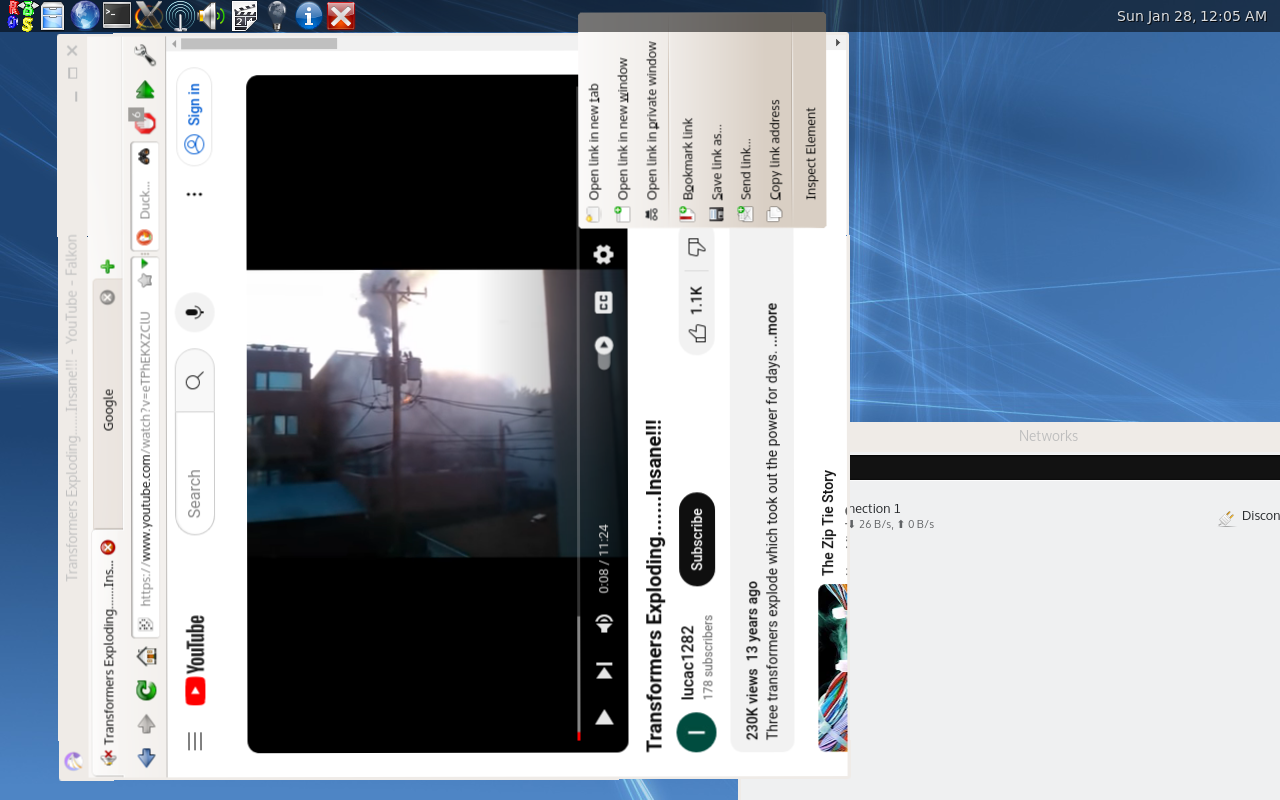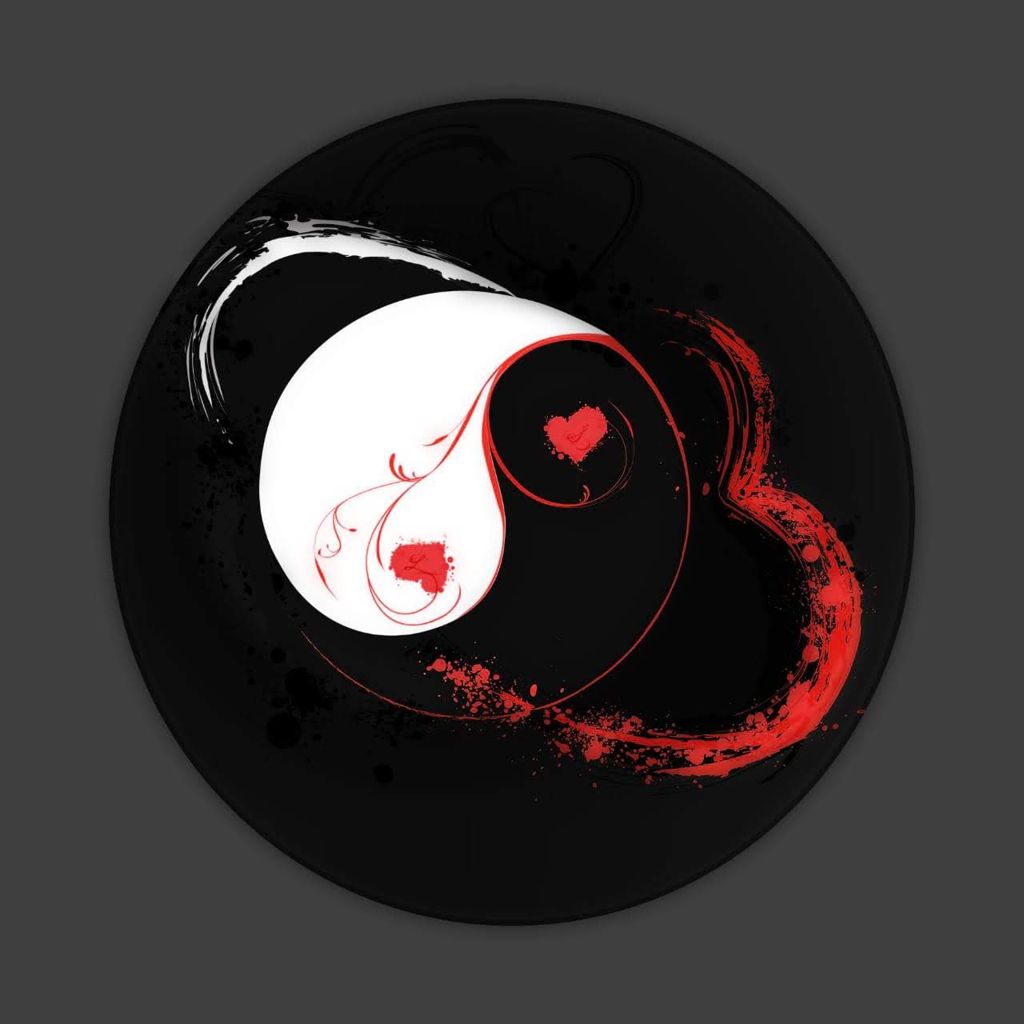The first one that came to mind was fli4l (Floppy ISDN for Linux). Originally a distro of German origin that fit on a single floppy disk to turn a 386 or 486 PC into a router for ISDN connections. Last I looked it’s still actively worked on.
There are probably tons of more obsuce ones. But this is one I actually used.
Take your pick from the Linux family tree
Should hyprland be in the table or are Wayland Compositors ignored? 👀
it’s only distros
it’s main feature is that it completely redefines the system’s root directory structure. the only reason i even know it exists is because i’m friends with one of the creators
No one mentioned Bunsenlabs or Crunchbang Linux here, but they aren’t really that obscure.
Meego, a combination of Intel’s Moblin and Nokia’s Maemo. It only ever shipped on one device, the Nokia N9.
Hannah Monata Linux and Red Star from North Korea.
Woah woah woah, there’s a North Korean Linux distribution?
Yes, of course. They can hardly use an OS that phones home to the US.
It’s interesting because it’s essentially the opposite of the idea behind Linux. Using Linux specifically to censor and spy on people is diabolical, but it makes sense why they chose it.
The idea behind Linux is to create an operating system anyone can use in any way they want.
That includes the North Korean government using it to spy on their people.
(Since someone already mentioned bedrocklinux, I’ll try harder)
… Try putting the Ironclad kernel in Exherbo. ;D
Rebecca Black OS.
It is the only Linux distro to date built around Weston, using Wayland’s full capability:

It doesn’t include any Rebecca Black theming or is related to her in any way.
It’s just called that cause the dev is a fan of hers.I’m pretty sure that screenshot is Wayfire, not Weston.
right. This is Weston (same distro):

I see no one has mentioned Bedrock Linux yet. Not sure though how others would rate its ‘obscurity’ though. It’s definitely a standout among distros.
Linux STD! Waaaay before skiddos had backtrack or kali
There was a bunch of weird rebadged Ubuntu derivatives back in the day.
Ubuntu satanic edition. https://archiveos.org/ubuntu-satanic/
Ubuntu Christian edition. https://archiveos.org/ubuntu-christian/
Hannah Montana Linux https://hannahmontana.sourceforge.net/
Ubuntu CE outlived Ubuntu Satanic. W.
Technically it died and was resurrected.
There was this distro that stuffs everything of a package in one folder, instead of /usr/lib & co. What was it called again?
Gobolinux?
Well I don’t hear much about Gentoo, Damn Small, Puppy or Knoppix anymore. Wonder if they still exist.
I haven’t done much disto hopping since I settled on Ubuntu around ‘08 and then on NixOS last year. I like my systems working when I need them and waiting around for a new install to finish is boring to me.
I think NixOS has taken a bit of Gentoo’s mindshare. They solve similar problems with very different approaches.
How so? When I switched to NixOs I was looking for system stability over time. That’s not really something I associate with Gentoo, at least not on a desktop system.
They both allow you to deploy and update a highly customized OS across many potentially different machines.
Gentoo has cflags and cross-building
Nix has Nix configs
I somewhat disagree about the stability. Maybe it’s no longer the case, but i used gentoo for a few years in the 2010s and it was always stable for me. A buggy upstream release of a package could be a problem in theory, but if that were to happen you can generally roll back the package and mask it from updates for a while. I never ended up needing to do that. However i agree that stability seems to be a high priority for Nix devs.
Kolibri
Kolibri isn’t a Linux distro, it is a fork of MenuetOS and not Linux at all
Thanks, I didn’t know that.
Np, another OS that isn’t Linux based, it’s rather obscure-ish but it’s genuinely impressive is Haiku OS, the community-driven spiritual successor of BeOS






